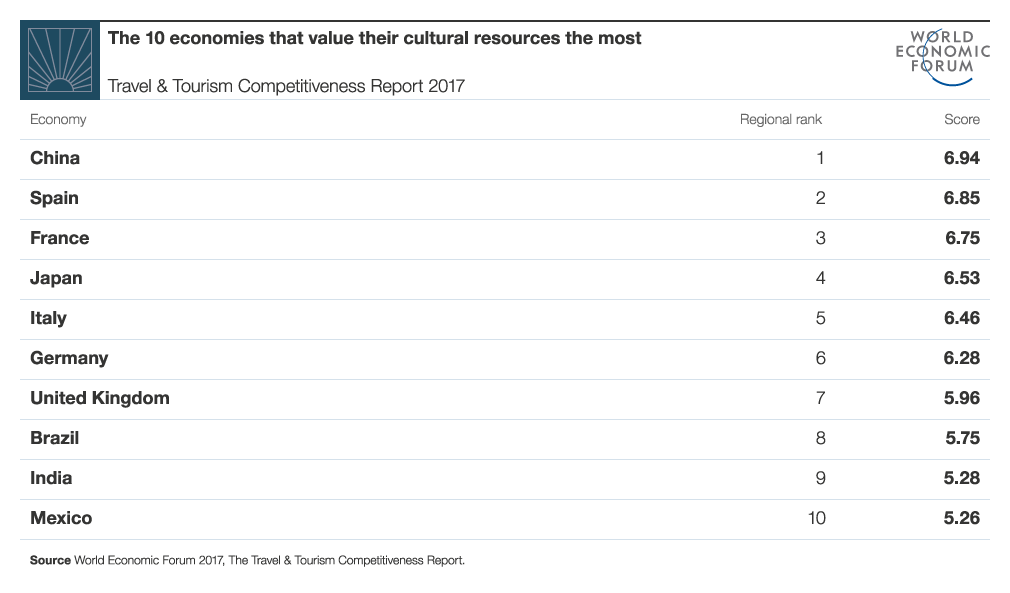Wish you weren’t here: What can we do about over-tourism?

Popular travel spots like Dubrovnik say they are at breaking point - what can be done?
Image: REUTERS/Marko Djurica
Stay up to date:
Travel and Tourism
Fancy a trip to the picturesque Greek island of Santorini? You’ll have to hurry, because the island will soon start limiting the number of cruise arrivals to 8000 per day. The Cinque Terre on the Italian coast is also capping the number of visitors to 1.5 million per year, while other popular attractions, such as Machu Picchu and Mount Everest, are also regulating the number of visitors and will require visitors to be accompanied by a recognized guide.
Capping tourist numbers is quite an extreme measure, and it is often a last resort for destinations. Yet, the fact that certain destinations are taking these measures reveals the failure of travel hotspots to be both sustainable and competitive.
But how did we get to this point and what can we do about it?
Travel trends show that for the past 50 years, travel and tourism has been on the rise, with international arrivals growing from 25 million in the 1950s to 1.2 billion in 2016. And yet over-tourism has only appeared on our radar in recent years.
A number of factors have led to heightened tensions including the rise in short-city breaks, the emergence and growth of Airbnb and low cost carriers and the development of the cruise industry.
While on the whole the industry has been a force for good - driving growth, creating jobs, reducing poverty and fostering development and tolerance, one downside has been overcrowding. Indeed, we have recently witnessed anti-tourist protests from cities like Barcelona and Venice. A number of destinations have effectively become too popular for their own good. Take a look at the numbers:

It is clear why locals have grown concerned about preserving the character of their destination and in certain cases about the effect this has had on house prices.
Going forward, it is important for government, businesses and individuals alike to take responsibility for overcrowding and to develop sustainable solutions to the problem. The recently launched World Tourism Organization’s campaign “Travel.Enjoy.Respect” campaign also aims to engage tourists in making the sector a catalyst for positive change.

Interestingly, while research shows that individuals feel responsibility for their impact on the environment, this has yet to be translated into action. One survey found that while 30% of people said they were ethical consumers, only 3% of them purchased ethical products.
Destinations and the private sector alike need to provide better information and even regulate where needed. For instance, Venice has prohibited swimming in canals. There is also a need for stronger tourism development plans to go beyond the business case and think outside the box to ensure both a great experience for the tourist and sustainability for the destination.
We need local authorities and the industry to join forces to manage the growth of the sector in a sustainable way. Indeed, if managed properly, the travel and tourism industry can be a great partner in preserving and even strengthening communities. Taleb Rifai, Secretary General of the World Tourism Organization, says: “Today more than ever, ensuring that tourism is an enriching experience for visitors and hosts alike demands strong, sustainable tourism policies and practices and the engagement of national, as well as local, governments and administrations, private sector companies, local communities and tourists themselves”.

There is such a thing as being too popular for your own good. Countries and destinations alike need to realize that social challenges relating to travel and tourism can and do emerge - but more importantly, they will not resolve themselves on their own. Still, to quote Fabien Cousteau: “I look forward to the day when there is no sustainable tourism. Just tourism.”
Don't miss any update on this topic
Create a free account and access your personalized content collection with our latest publications and analyses.
License and Republishing
World Economic Forum articles may be republished in accordance with the Creative Commons Attribution-NonCommercial-NoDerivatives 4.0 International Public License, and in accordance with our Terms of Use.
The views expressed in this article are those of the author alone and not the World Economic Forum.
Related topics:
Forum Stories newsletter
Bringing you weekly curated insights and analysis on the global issues that matter.
More on Industries in DepthSee all
Katia Moskvitch
April 14, 2025
Cathy Li and Andrew Caruana Galizia
March 3, 2025
Francesco Venturini and Bart Valkhof
February 27, 2025
Joe Myers and Madeleine North
February 19, 2025
Minos Bantourakis and Francesco Venturini
January 21, 2025





